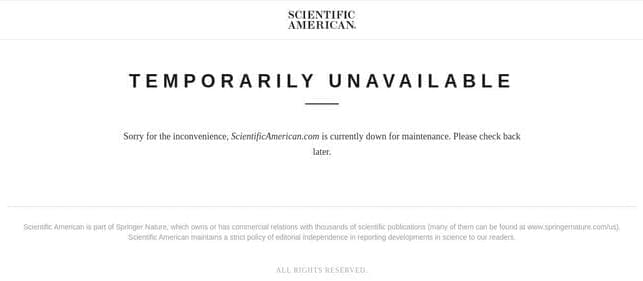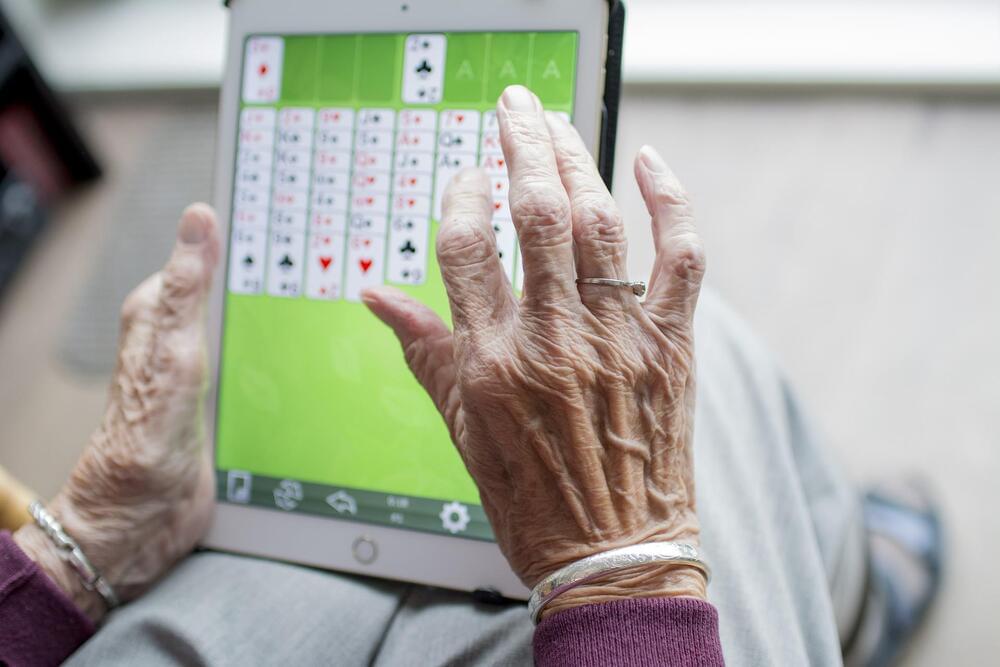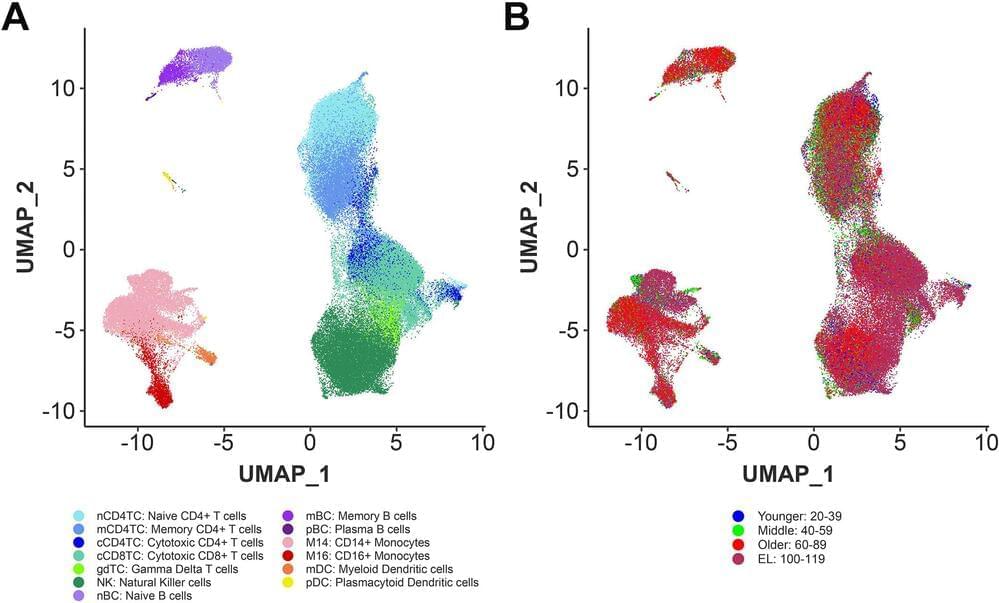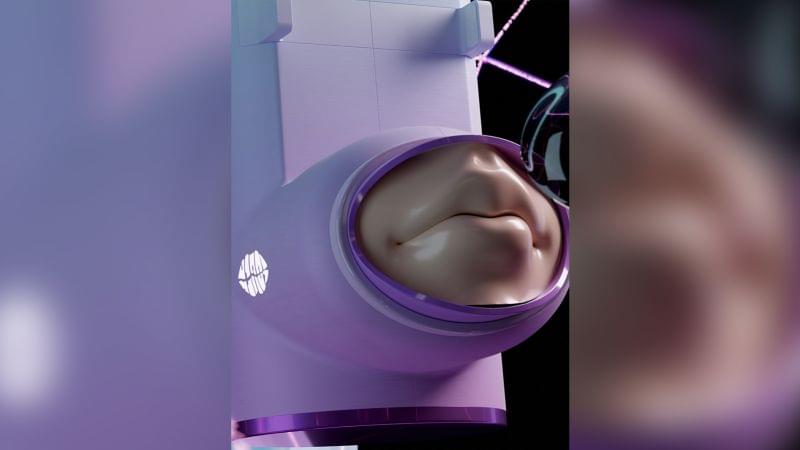Jun 12, 2023
Where Imagination Lives in Your Brain
Posted by Nicholi Avery in categories: biotech/medical, neuroscience
Henry Molaison, known for years as “H.M.,” was famously unable to form new memories. If someone he had met left the room only to return several minutes later, he would greet that person again as if for the first time. Because of surgery to treat intractable epilepsy, H M. lacked a sea-horse-shaped brain structure called the hippocampus and had amnesia. His case helped establish the hippocampus as an engine of memory.
In recent years scientists have discovered another essential deficit that burdens people with hippocampal amnesia: they can’t envision the range of possibilities that must be considered to make future plans. When researchers asked a group of people with hippocampal damage to… More.
The ability to conjure up possible futures or alternative realities is the flip side of memory. Both faculties cohabit in the brain region called the hippocampus.


















